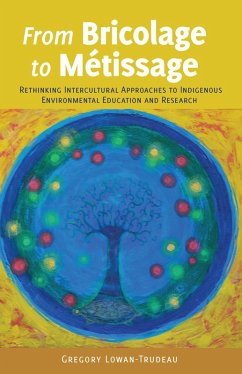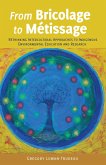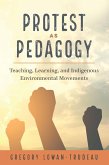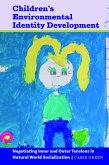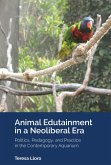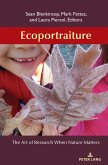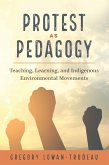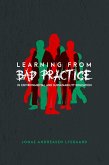Rethinking Intercultural Approaches to Indigenous Environmental Education and Research arose from a physical and philosophical journey that critically considered the relationship between Western, Indigenous, and other culturally rooted ecological knowledge systems and philosophies. This book shares two related studies that explored the life histories, cultural, and ecological identities and pedagogical experiences of Indigenous, non-Indigenous, and recently arrived educators and learners from across Canada. A variety of socio-ecological concepts including bricolage, métissage, Two-Eyed Seeing, and the Third Space are employed to (re-) frame discussions of historical and contemporary understandings of interpretive and Indigenous research methodologies, Métis cultures and identities, Canadian ecological identity, intercultural science and environmental education, «wicked problems», contemporary disputes over land and natural resource management, and related activism.
Hinweis: Dieser Artikel kann nur an eine deutsche Lieferadresse ausgeliefert werden.
Dieser Download kann aus rechtlichen Gründen nur mit Rechnungsadresse in A, D ausgeliefert werden.
Hinweis: Dieser Artikel kann nur an eine deutsche Lieferadresse ausgeliefert werden.
«The empowerment teachings and practices by Indigenous peoples the world over today are especially crucial to the dawning hope for more sustainable knowledge and respectful relationships with the land and its many inhabitants. Here, Gregory Lowan-Trudeau generously theorizes, documents, and himself provides the ways in which Indigenous Environmental Education constitutes a form of integral educational leadership that is at once extremely timely and creatively emergent, but on the other hand deeply traditional and based in the long-standing understandings that can only emerge from careful partnership with nature in all of its biocultural diversity-in-place. In this, the book importantly bridges communities and scholarly debates, and I'm honored to support it as a pathway forward. For sure, this is a necessary text that every critical environmental educator and ecopedagogue should both listen to and from which they can learn.»
(Richard Kahn, PhD, Core Faculty in Education, Antioch University Los Angeles)
(Richard Kahn, PhD, Core Faculty in Education, Antioch University Los Angeles)

